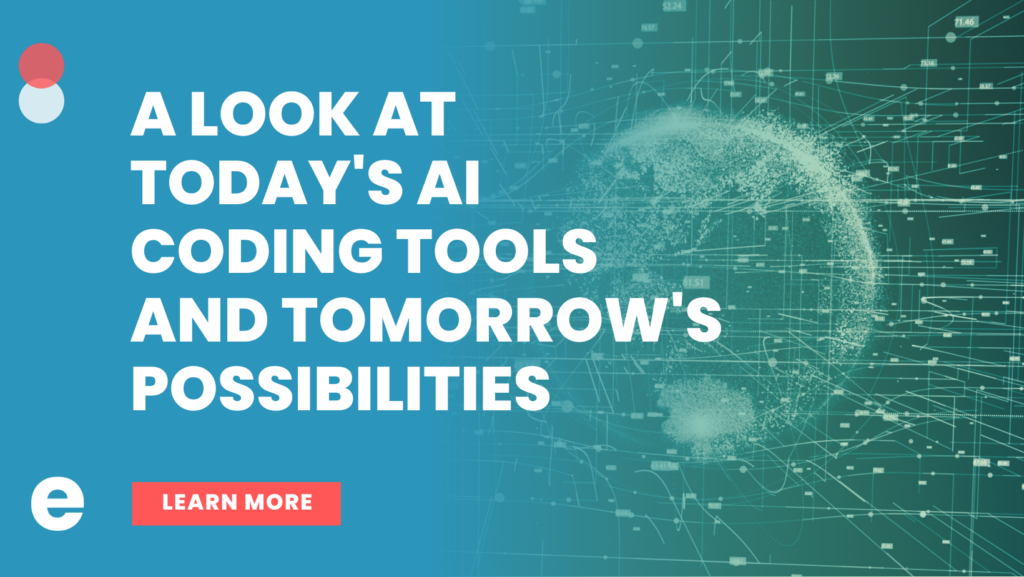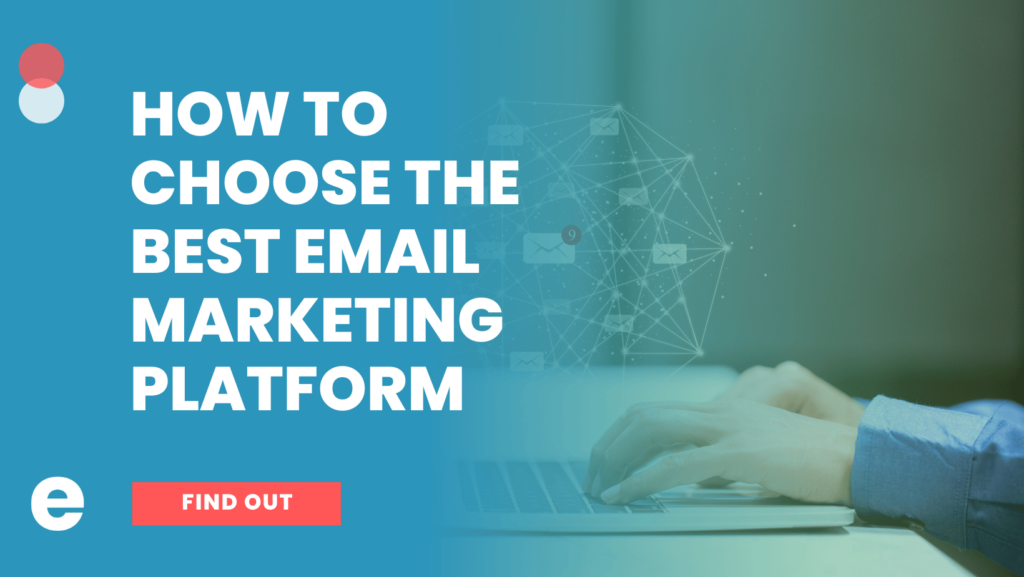Generative AI tools are transforming how users interact with online content. These tools summarize, create, and recommend content based on user input. We work with our clients on how to adjust their content strategies to remain visible and relevant in search results, as more of it becomes served from AI. This blog explains how to optimize content for generative AI, focusing on clear steps and strategies.
What Is Generative AI?
Generative AI uses algorithms to produce content, summaries, and answers. Tools like ChatGPT, Google Bard, and Microsoft Bing AI process text, images, and data to create output tailored to user queries. These systems rely on high-quality, structured content to deliver accurate results.
Generative AI systems analyze large datasets to predict and generate relevant responses, mimicking human-like communication patterns. Generative AI spans various industries, enhancing productivity, creativity, and problem-solving capabilities.
Why Optimize for Generative AI?
Generative AI affects how content appears and interacts with users. Search engines now prioritize content that fits AI-driven queries. Optimizing for generative AI ensures your content ranks higher and remains useful to users. It also improves your chances of being featured in AI-generated answers, increasing visibility.
By creating content designed for these tools, you cater to the evolving needs of searchers. Additionally, generative AI influences how brands build trust, as accurate and helpful responses strengthen user engagement and loyalty.

What are the Key Strategies for Optimizing Content for Generative AI?
1. Write Clear and Concise Content
AI tools prefer straightforward content. Use simple sentence structures and direct language. Avoid jargon or overly technical terms unless necessary.
Example: Instead of saying, “Leverage bespoke solutions to achieve success,” write, “Use custom solutions to succeed.”
2. Focus on User Intent
Identify what users want when searching. Create content that directly answers their questions. Generative AI analyzes user input to match intent, so your content should align with common queries.
3. Use Structured Data
Structured data helps AI tools understand your content. Mark up your content with schema to make it easy for algorithms to process.
Content Optimization Best Practices:
- Add FAQ schema for question-and-answer sections.
- Use product schema for e-commerce pages.
- Include structured headings and lists.
4. Create Content That Summarizes Well
Generative AI often provides summaries instead of full articles. Write content that can be easily summarized while maintaining its key points. Use bullet points, numbered lists, and concise paragraphs.
5. Optimize for Natural Language Queries
Users interact with AI tools through conversational language. Optimize for these natural, question-based queries.
Examples of Natural Queries:
- “How do I install a new shower valve?”
- “What are the benefits of organic gardening?”
6. Prioritize E-E-A-T (Experience, Expertise, Authority, Trustworthiness)
AI tools rely on content that demonstrates credibility. Ensure your content highlights:
- Experience: Share real-world examples or case studies.
- Expertise: Cite reliable sources or include author credentials.
- Authority: Use verified data or endorsements.
- Trustworthiness: Avoid misleading or exaggerated claims.
7. Keep Content Updated
Generative AI prioritizes current and accurate information. Regularly update content to reflect new trends, data, or findings.

What Are Some Technical Content Optimization Techniques?
1. Use Proper Metadata
Metadata helps AI understand your content’s purpose. Optimize titles, meta descriptions, and tags with clear, descriptive terms.
Checklist:
- Title: Include your main keyword.
- Meta description: Summarize the content in one or two sentences.
- Tags: Use relevant and specific keywords.
2. Leverage Internal Linking
Internal links help AI tools understand content relationships. Link-related pages to improve content discovery.
Example: If you mention “SEO basics,” link to a detailed SEO guide on your site.
3. Use High-Quality Media
Generative AI processes images and videos. Use relevant, high-resolution media to support your content.
Content Optimization Best Practices:
- Add descriptive alt text for images.
- Use captions for videos.
- Compress files to ensure fast loading.
4. Ensure Mobile-Friendliness
Most AI-driven searches happen on mobile devices. Optimize your site for mobile users.
Action Steps:
- Use responsive design
- Test your site’s loading speed on mobile
- Simplify navigation

What Kind of Content Performs Well?
Certain formats work better for generative AI. Focus on creating content in these styles:
- How-To Guides: Step-by-step instructions answer user queries clearly.
- FAQs: Direct answers to common questions align with AI’s structure.
- Lists: Numbered or bulleted lists are easy for AI to summarize.
- Comparison Posts: Compare products or services with clear pros and cons.
- Short Tutorials: Quick, actionable tips perform well in AI snippets.
Avoid Common Content Optimization Mistakes
- Keyword Stuffing – AI tools penalize content with excessive keyword repetition. Focus on natural integration of keywords.
- Thin Content – Generative AI ignores content with little value. Provide depth and actionable insights in your writing.
- Ignoring AI Features – Overlooked AI features can reduce visibility. Use schema, metadata, and other tools to enhance discoverability.
Tracking Content Optimization Success
Monitor performance to see how your content aligns with AI-driven results. Use tools like Google Analytics and Search Console to track:
- Click-through rates (CTR).
- Engagement metrics.
- Visibility in AI-generated answers.
Ready, Set Go!
Optimizing content for generative AI ensures your business stays visible in evolving search results. Focus on clarity, user intent, and technical precision to create content that serves both AI systems and readers. By following these strategies, you can maximize the impact of your content in an AI-driven world.
Enilon specializes in using the latest technologies, including generative AI and advanced digital marketing strategies, to help businesses succeed. Our team crafts solutions that enhance visibility, engage users, and deliver measurable results. Partner with Enilon to harness cutting-edge tools and elevate your digital presence in today’s competitive landscape.



